Last year, a Mumbai couple, keen to ensure that their grown-up child’s childhood toys and games could have another life, booked a pickup through ‘Share At Door Step’ (SADS) — an initiative promoting “conscientious giving” by encouraging people across India to part with items they no longer need and direct them to those in need.
Soon after the pickup, the couple was notified that their donation was making its way to an orphanage in the city’s suburbs. Quick, right? Anushka Jain, the founder of SADS, credits an advanced algorithm for their success in matching donations with beneficiary needs in real time across India.
So, the question begs to be asked: What are you doing with your clutter? Don’t discard it just yet. We’ll find it another home.
As the year draws to an end, The Better India is calling you to be someone’s Secret Santa. How? It’s simple.
De-clutter your home, book a pickup through the link in the article; and watch in real-time as your donation lights up someone’s life. The beneficiaries, Anushka shares, can be anyone — children across orphanages, those diagnosed with cancer and HIV, women refugees in shelter homes, and underprivileged communities who are far removed from the modernities of urban life.
The onus of spreading a smile is now on you.
What can I donate?
“Anything and everything,” Anushka clarifies. A computer science engineer in her thirties, she credits childhood birthdays for her altruistic tendencies. “My mother would pick an NGO in the city, and we’d take sweets and snacks and have a great time with the kids and parents.” As she grew older, the tradition continued; Anushka would eagerly anticipate her birthdays because they came with the freedom to be as generous as she liked. But she soon realised that philanthropy should not be confined to a calendar date.
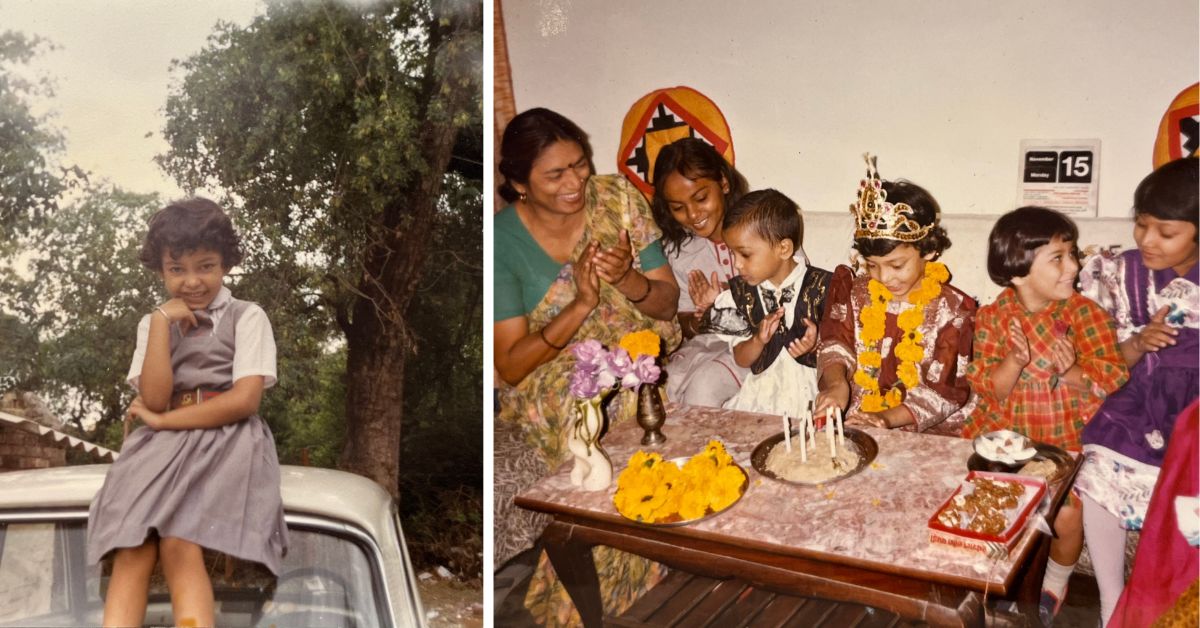
This empirical reckoning in 2015 led Anushka to conceive the idea of Share At Door Step. “This way, people, including myself, could donate as and when we liked, knowing that our items were going to the right people,” she smiles. Today, her idea has burgeoned in scope and scale. “We support close to 135 NGOs across 12 cities in India. These NGOs, in turn, support close to 40 causes.” But, as Anushka explains, the actual number of beneficiaries is much larger than the statistics suggest. This, she says, is because some of the bigger NGOs support many smaller initiatives in turn. “So, the actual number of target beneficiaries is much larger than we estimate.”
This Christmas, be someone’s Secret Santa
Parting with one’s belongings is always a bitter-sweet experience, we agree. “There’s always that ‘inner voice’ that criticises you every time you decide to throw away something you have liked — be it a dress that doesn’t fit you anymore, childhood storybooks, or old furniture.” However, knowing that your precious belongings could brighten someone else’s day might help pull you out of the quagmire of indecision. Your gesture may even ripple into larger positives, Anushka smiles.
She reminds us of the Mumbai couple (mentioned earlier). “A few weeks later, they made a trip to the orphanage where they had donated. They were thrilled to watch the children making good use of the toys and clothes. During their visit, they observed that the orphanage needed a new fridge — so they bought one!” That’s the power of a donation, she adds.
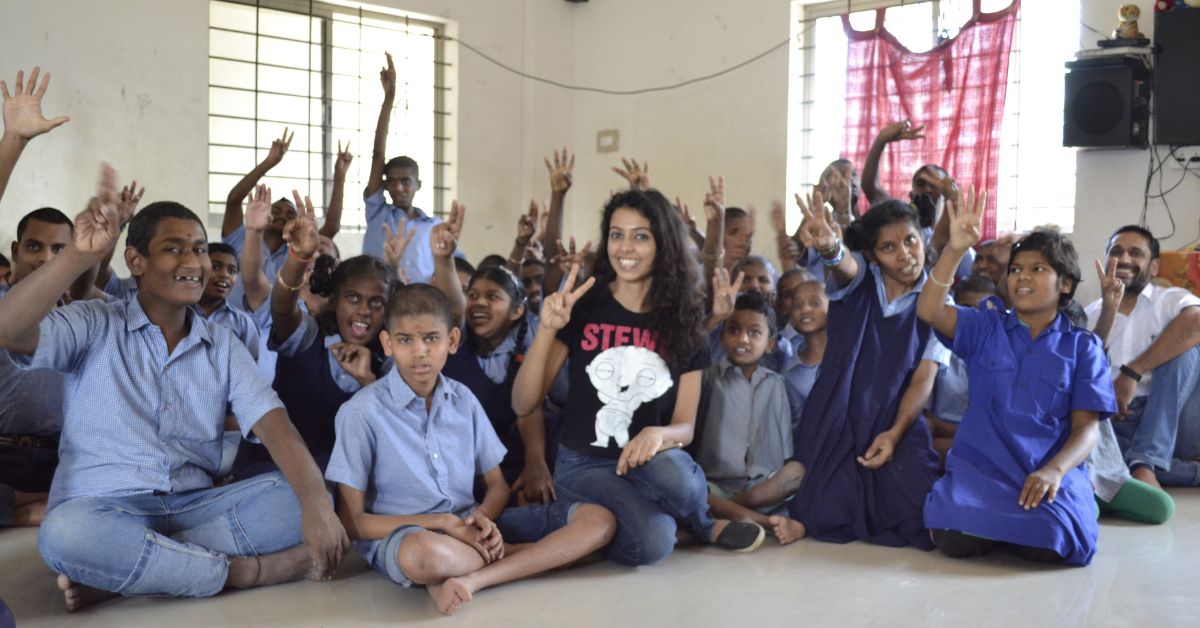
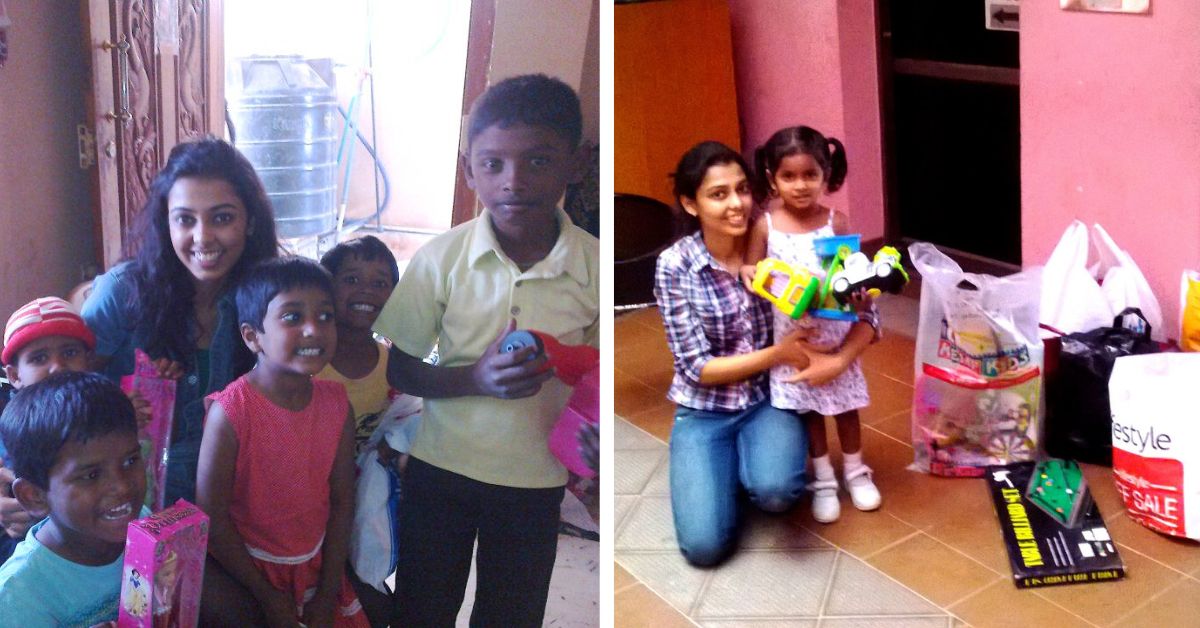
The Share At Door Step model answers the labyrinth of questions surrounding donations: Which are the organisations where I can give away my old household items? Where can I donate clothes and furniture? Can someone pick up the donations from my home or office? Can I know the requirements of NGOs nearby and fulfil them on my birthday?
Through a tech-driven process, you can direct your toys, games, books, diaries, shoes, clothes, accessories, and even furniture to those in need. It ensures your de-cluttering isn’t a guilt-ridden spree but a meaningful act.
Elaborating on the logistics of matching donor and beneficiary, Anushka shares, “Some things that factor into the process are the quantity of the donations, the number of beneficiaries, the type of NGO, the urgency of the requirement, and the distance between the donor and the NGO.” Depending on whether the pickup is light (needing a two-wheeler) or heavy (needing a four-wheeler), the time the logistics partner takes to notify the customer about which NGO their donation has been directed to varies. For light pickups, it is usually the same day; for heavy pickups, it takes about seven working days.
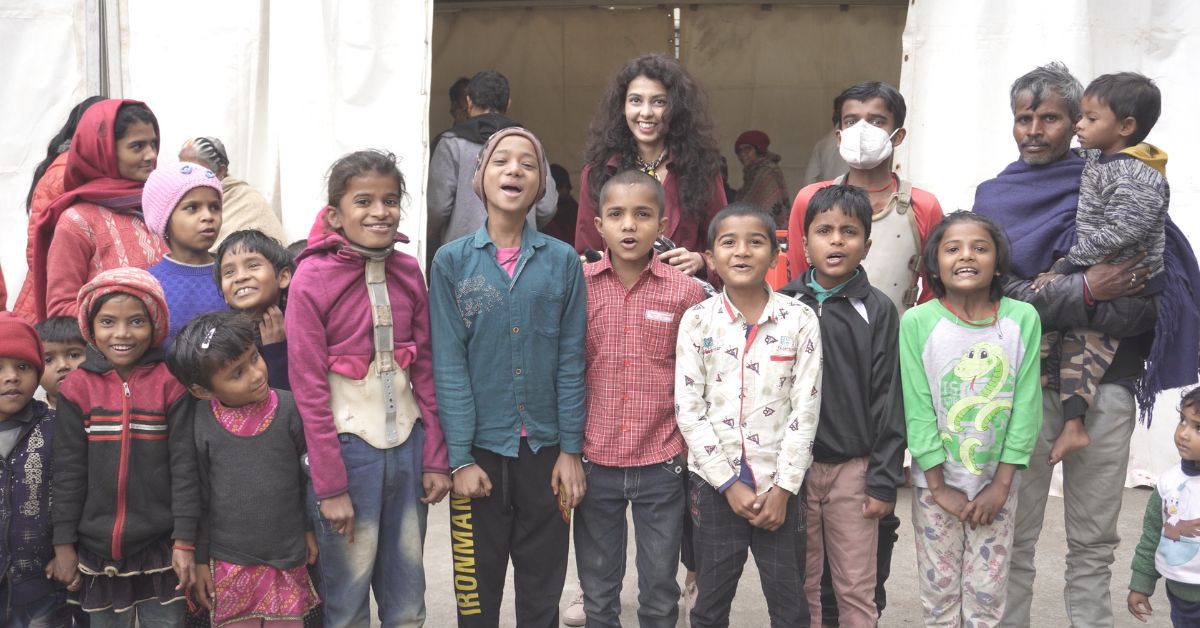
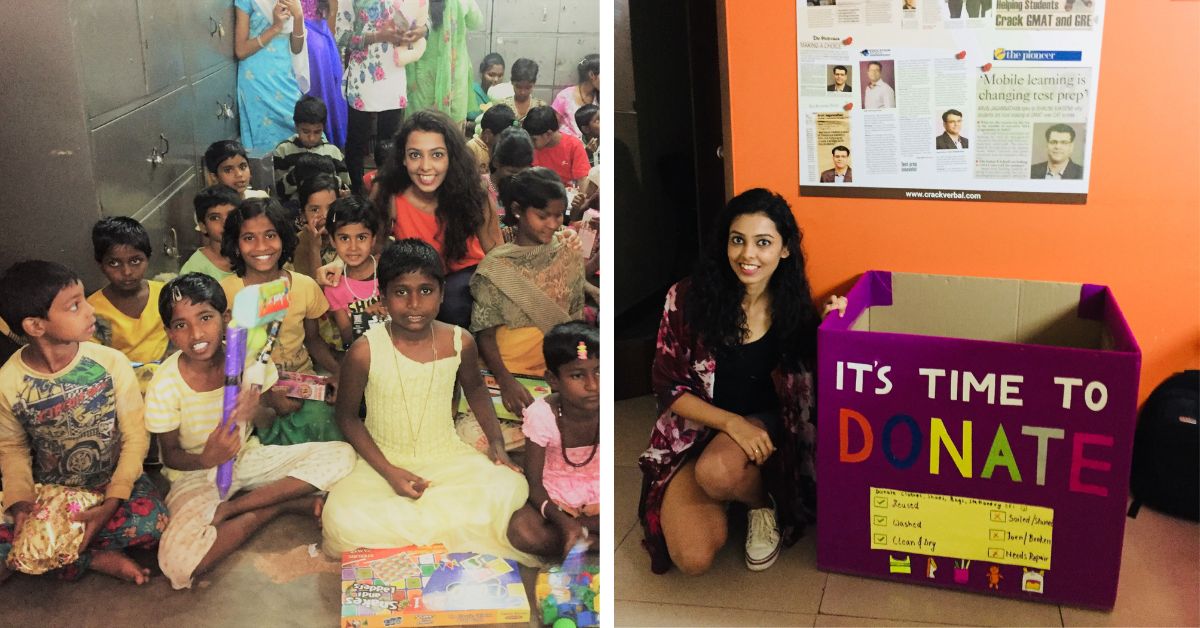
Something to note:
Being explicit about the kind of donation you are making helps ensure a smoother flow of things. “If a customer mentions they are donating books (unclear about the kind of books), the books will go to a common centre and be sorted there. But if a customer mentions they are donating novels, children’s story books, or notebooks, the algorithm can more easily match the donation with an NGO that has specified that requirement,” Anushka explains.
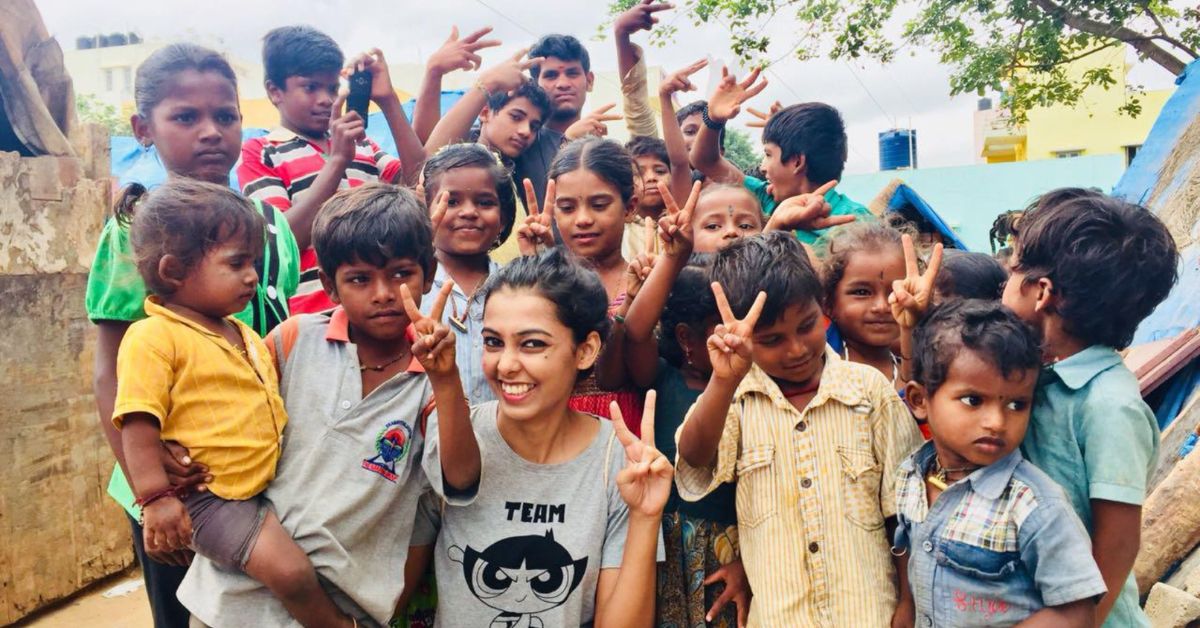
The entire process is streamlined to ensure maximum success. And needless to say, the emotional payback is immense.
From grandmothers in underprivileged communities who have received washing machines — “Her grandkids were so happy because they said this would allow their dadi to make more time to tell them stories” — to mothers who donated their children’s childhood belongings long after they moved to college, there is immense joy in having your items bring someone else cheer, Anushka says.
Now, it’s your turn.
Edited by Arunava Banerjee; Pictures source: Anushka Jain
This post was originally published on here








